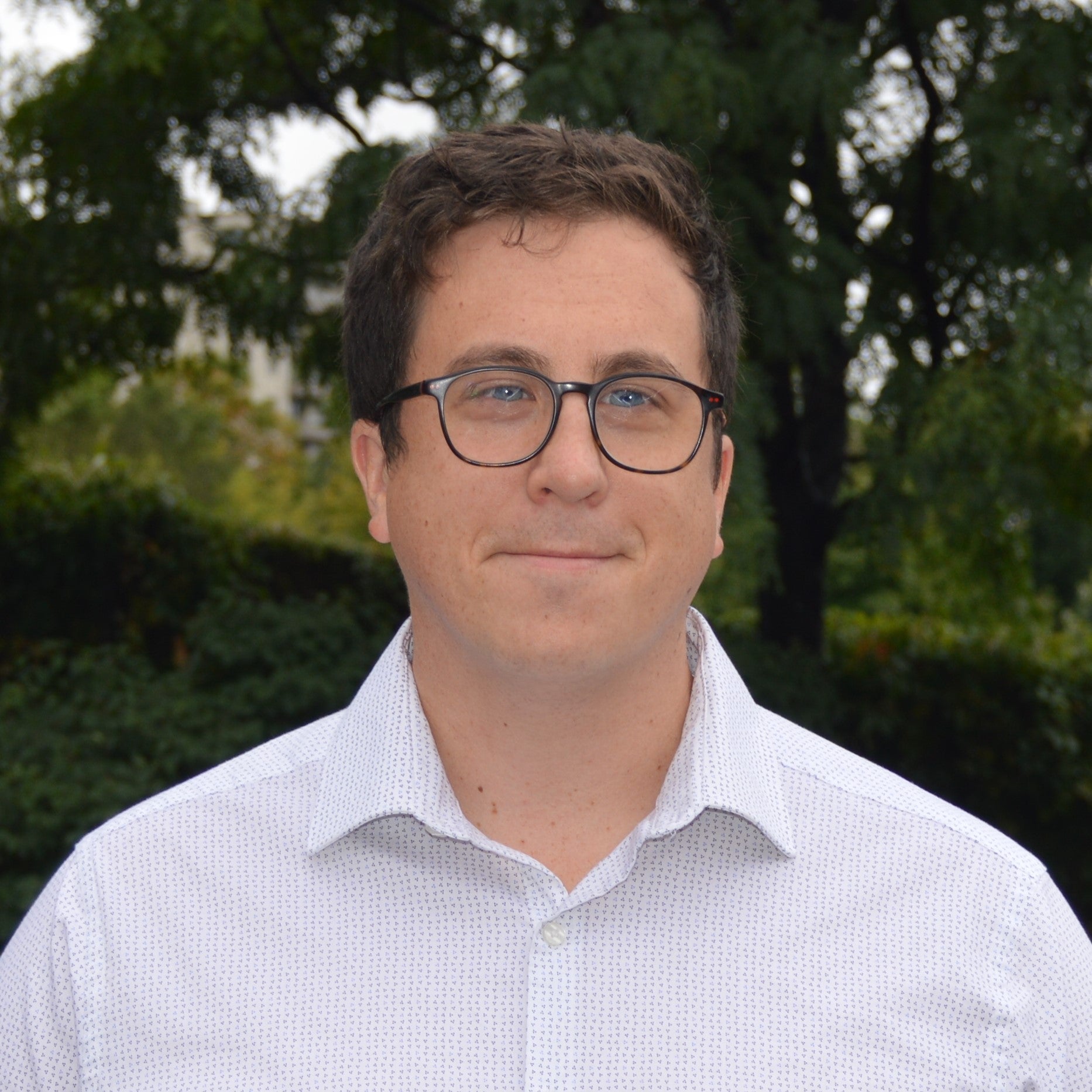Union Co-operative: Peace Advancement Through Community-Owned Affordable Housing

Contributing to the University of Waterloo’s innovation ecosystem, the Grebel Peace Incubator in the Kindred Credit Union Centre for Peace Advancement develops expansive and innovative understandings and practices of peace. The Grebel Peace Incubator provides community, mentorship, and funding to start-ups that have tested ideas that will contribute to the advancement of peace locally, nationally, or globally.
Conrad Grebel University College recognizes that despite being a small college, impact matters. That is why Grebel aims to build a stronger community for future generations by becoming actively involved in sustainability work at the UWaterloo and in the local region. Part of Grebel’s endowment portfolio is used for alternative investing. These have included, for example, Community Energy Development Co-operative which supports solar energy initiatives. “We look for ways to align our investments in a meaningful way with our values,” said Roger Kehl, the Chair of Grebel’s Investment Advisory. “We seek out investment opportunities that have a positive environmental impact, contribute to peace building, and which alleviate poverty and social challenges,” he added.
Union: Sustainable Development Co-operative is a start-up from the Grebel Peace Incubator that does just that. Union Co-operative strives to impact the Waterloo Region by purchasing properties to maintain permanent affordability. The properties are community-owned, meaning that anyone who lives, works, or has a connection to the Waterloo Region may become a member of the Co-operative. “Our investment with Union Co-operative is a great example of how we can participate in addressing housing affordability challenges in our local community,” explained Kehl. The College has invested $100,000 from its endowment portfolio in this initiative.
As part of his PhD program at UWaterloo, Sean Campbell, the Executive Director of Union Co-operative, had the opportunity to work with the Incubator. “The Grebel Peace Incubator was a perfect home for me that allowed me both access to funding and the time to get our co-op started,” Campbell said. “The Incubator is always sending us different opportunities, information, and useful introductions to people in the community. Grebel offers us legitimacy and a display of trust, which is really helpful,” he noted.
Centre for Peace Advancement Director Paul Heidebrecht has been impressed by Sean’s efforts to translate his research into impact. “Sean and his board have not only grown the co-op’s membership and raised significant investment funds, but they have spent years working with government regulators to create a new mechanism for preserving affordable housing that can now be replicated in other communities,” he said.
In October 2022, Union Co-operative bought two apartment buildings with 58 units, promising to preserve affordable rent for current and future tenants. This initiative targets the struggle of finding housing despite rapidly rising rent prices that residents face. Through this, Union Co-operative cultivates peace in the Waterloo Region, as stable housing is one of the key solutions to countless social challenges—such as homelessness, drug addiction, or food insecurity—that arise from inaccessible housing.
“We are asking for folks to get involved in creating their community by providing feedback to us, whether that means creating more accessible units, or building a walking trail or garden,” said Campbell. “We are really hoping that that builds a sense of community that different types of folks are able to learn from each other.”
Inaccessible housing is a worldwide concern, but starting locally is an important step in the right direction. “At the start, it’s about caring,” said Campbell. “It’s about finding the best solution, not only for the Co-operative, but for the people who call this place home.” Using the impact investments from Grebel, Union Co-operative is working toward solving a local problem and local members are shaping the solution.
By Farah Jurdi